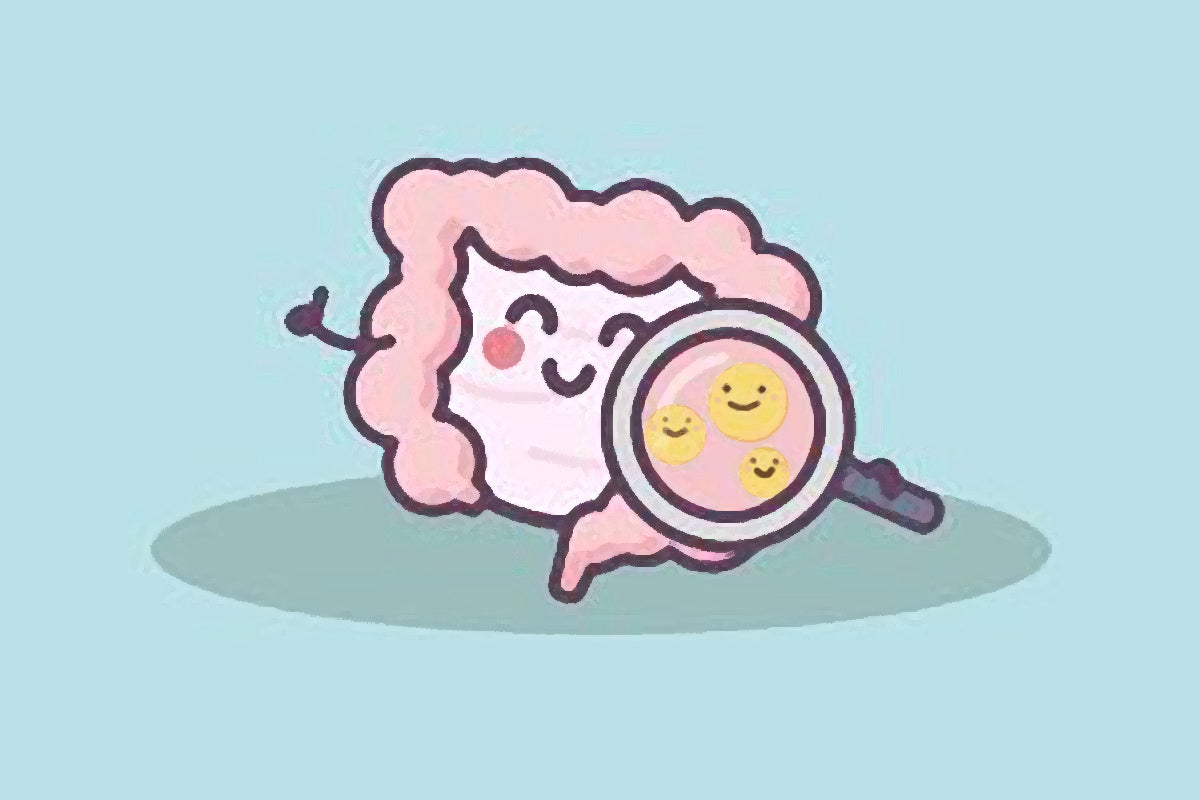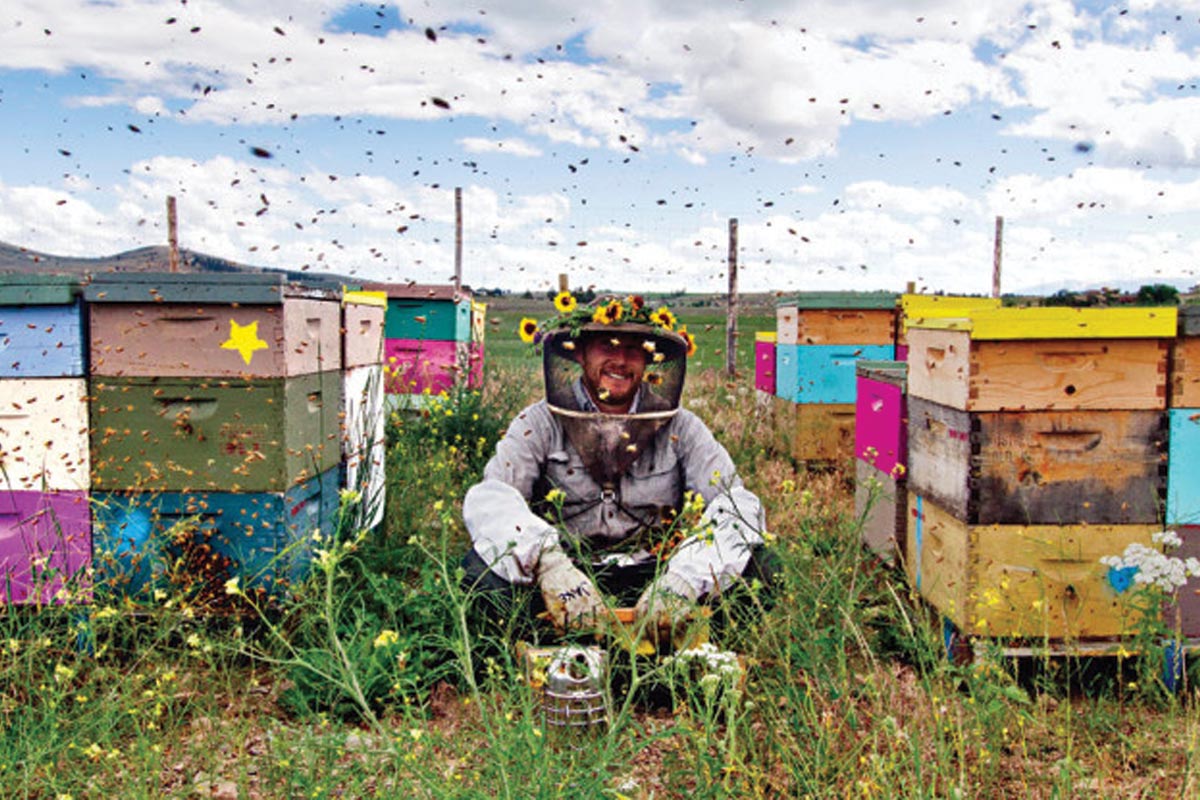Strolling the produce aisle can be exciting (What fruit should I enjoy today?) or it can be confusing (Do I pay $2 more for the same peach because it is organic?).
If you have extra dough to spend on organic produce, does that mean you should? Does the label "organic" even mean anything these days? Or does it seem like an overpriced and over-promised label?
Well, consider this: The Centers for Disease Control and Prevention (CDC) reports that there are traces of 29 different pesticides in the average American’s body.
Each year, The Environmental Working Group (EWG) does a ranking to identify the "dirtiest" produce, based on pesticide residue. The EWG bases its rankings off of six factors that reflect the overall concentrations, as well as types of pesticides, in each food.
Drum roll please! Here's our Dirty Baker's Dozen!
The top 13 dirtiest foods in the produce aisle are ...
1. Apples
2. Peaches
3. Nectarines
4. Strawberries
5. Grapes
6. Celery
7. Spinach
8. Sweet Bell Peppers
9. Cucumbers
10. Cherry Tomatoes
11. Imported Snap Peas
12. Potatoes
13. Green leafy vegetables, such as kale and collard greens
Is there good news if you love these foods but don't want to flood your body with harmful pesticides? Yes! The Dirty Baker's Dozen is a great guideline on which foods to buy organic to avoid pesticide contamination.
A good rule of thumb is to splurge on organic produce when the skin or surface you eat is exposed. So the Dirty Baker's Dozen above fits exactly that rule. You can save money by buying regular produce that has a protective exterior that you do not eat. For example, corn, avocado and bananas each have a protective barrier that helps to decrease pesticide contamination.
So, next time you step into a grocery store, stroll confidently knowing where to spend and where you can save! In the short run, when you spend more on the organic produce listed above, you are saving on possible negative health consequences in the long run.



